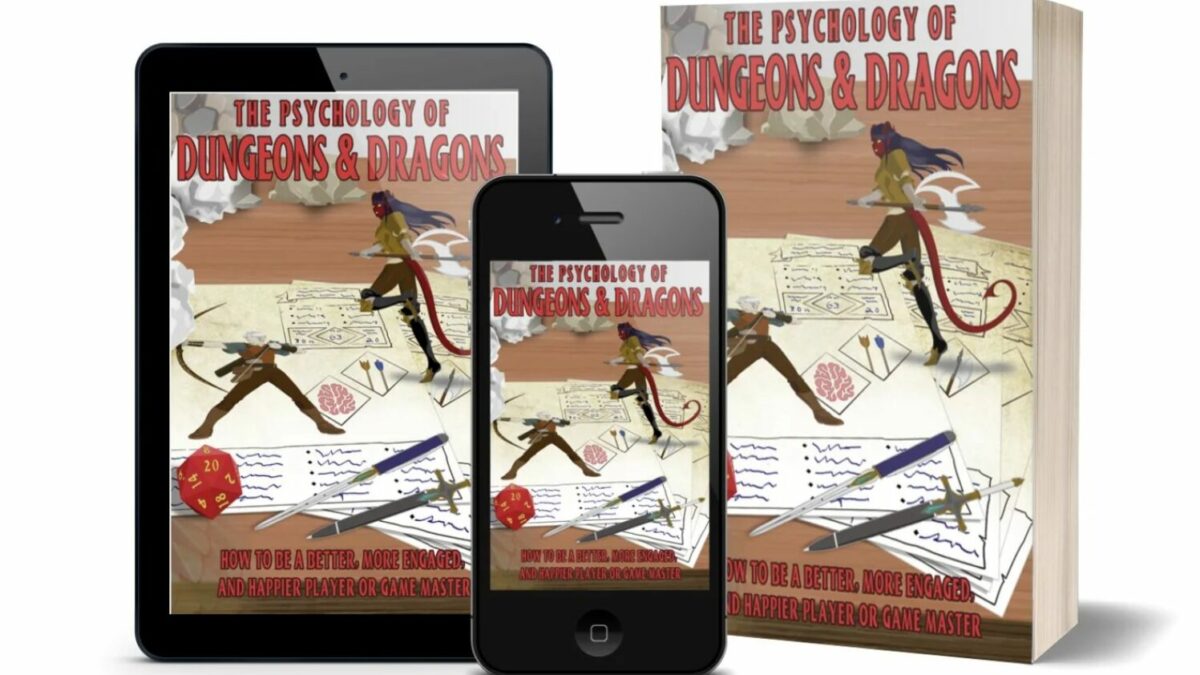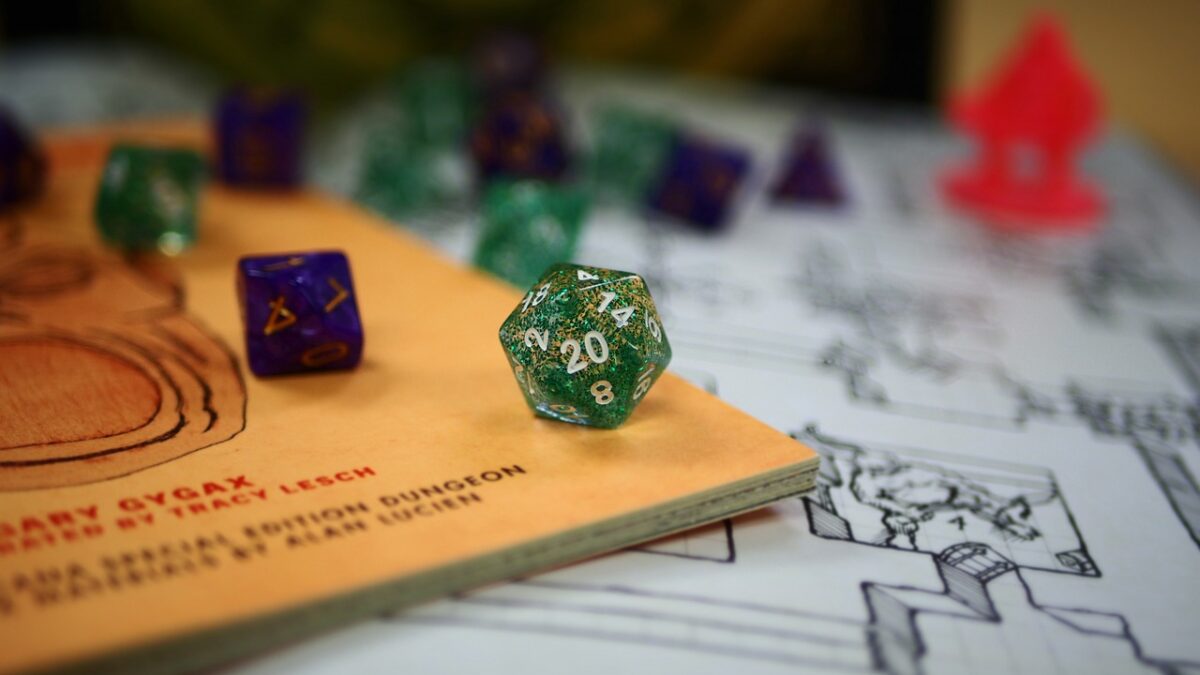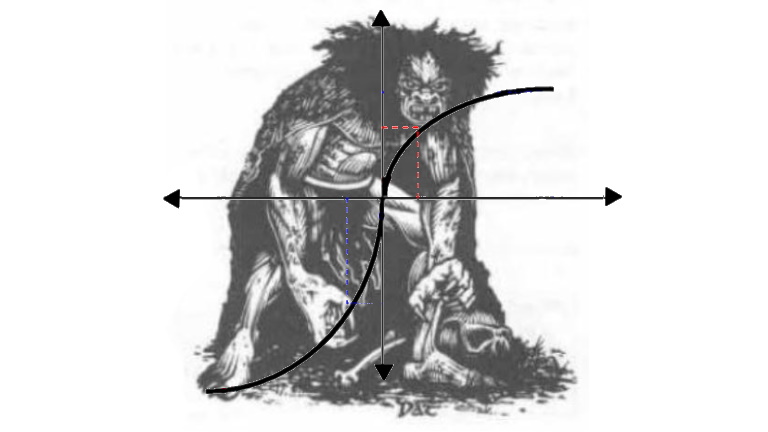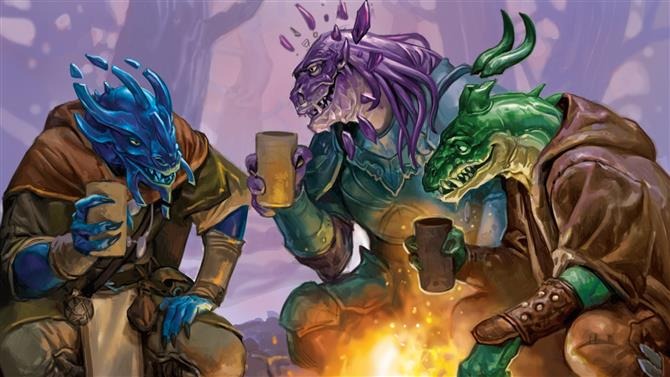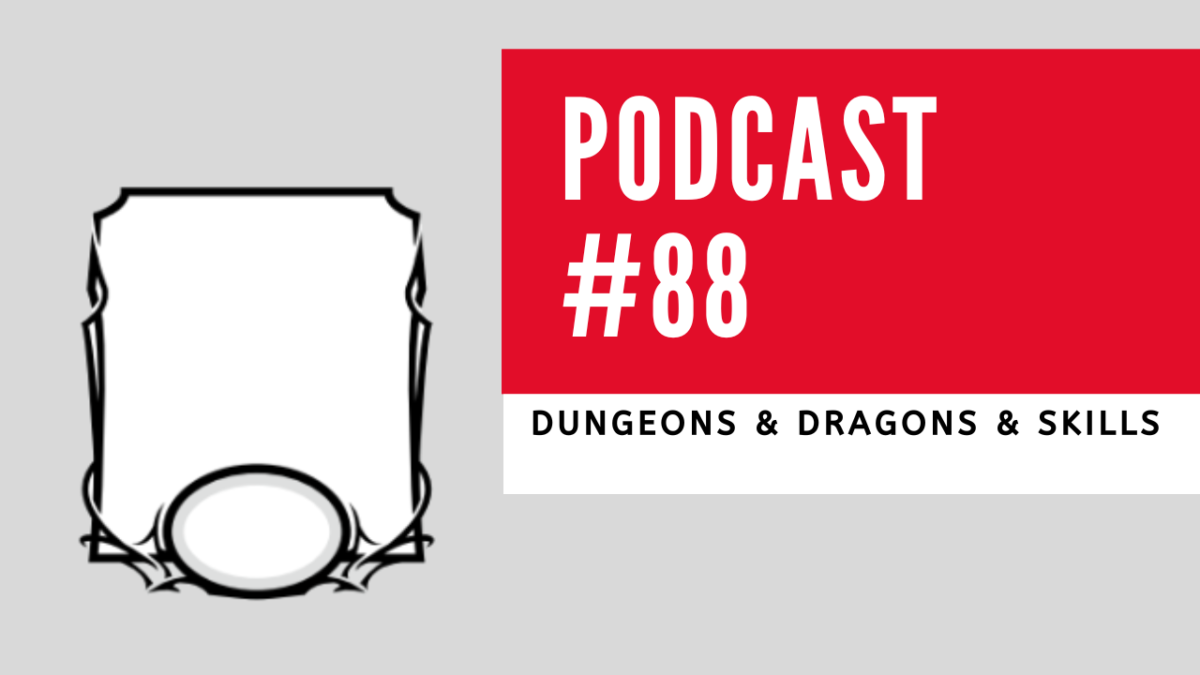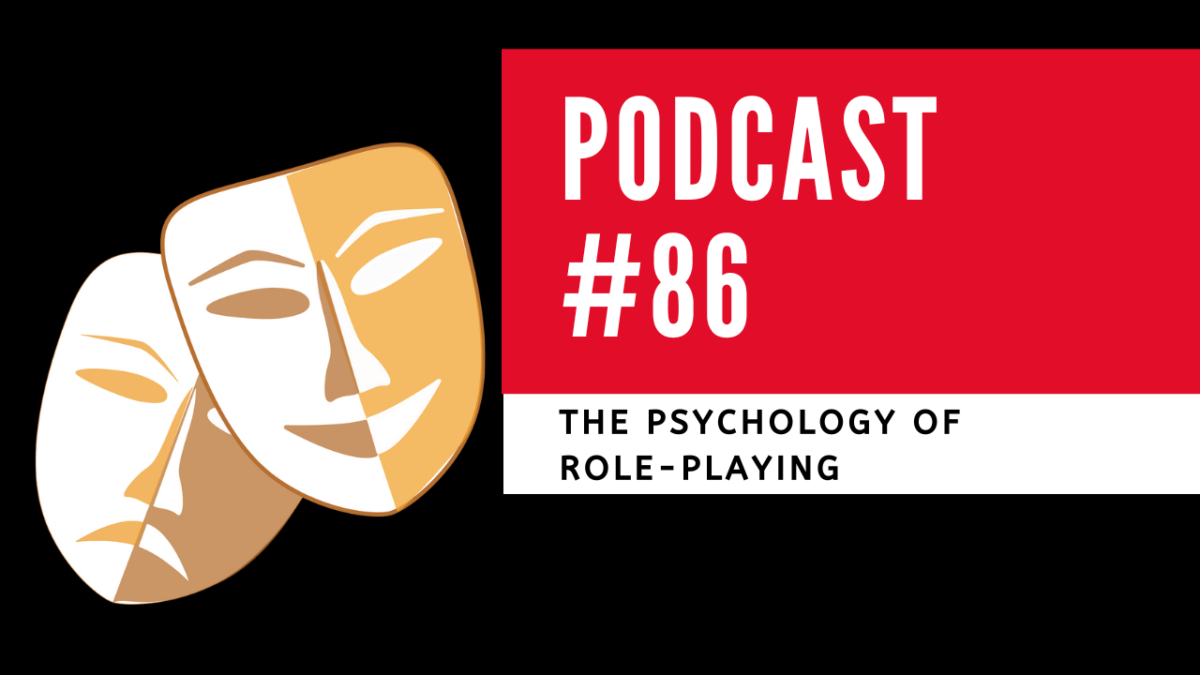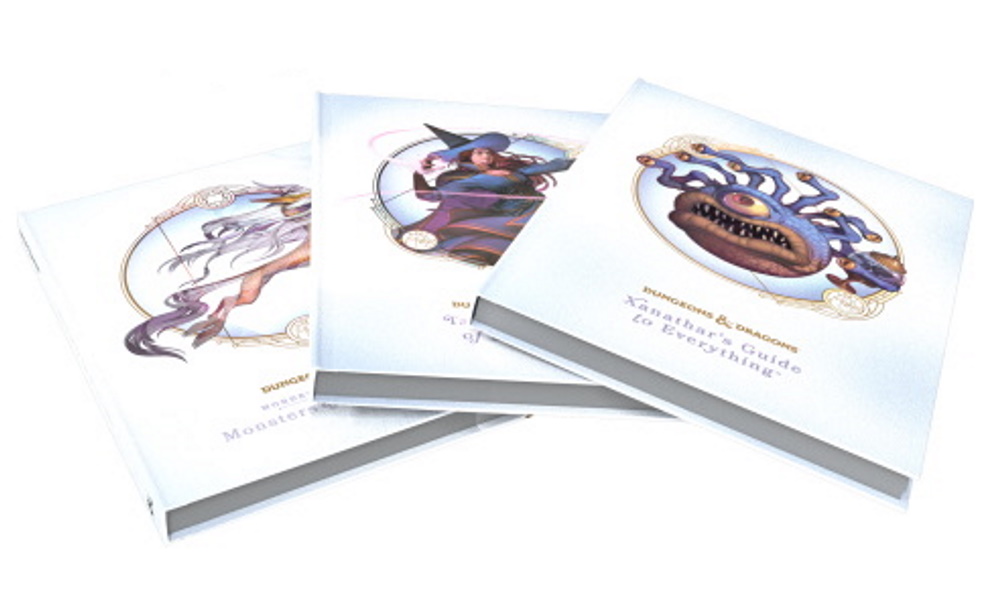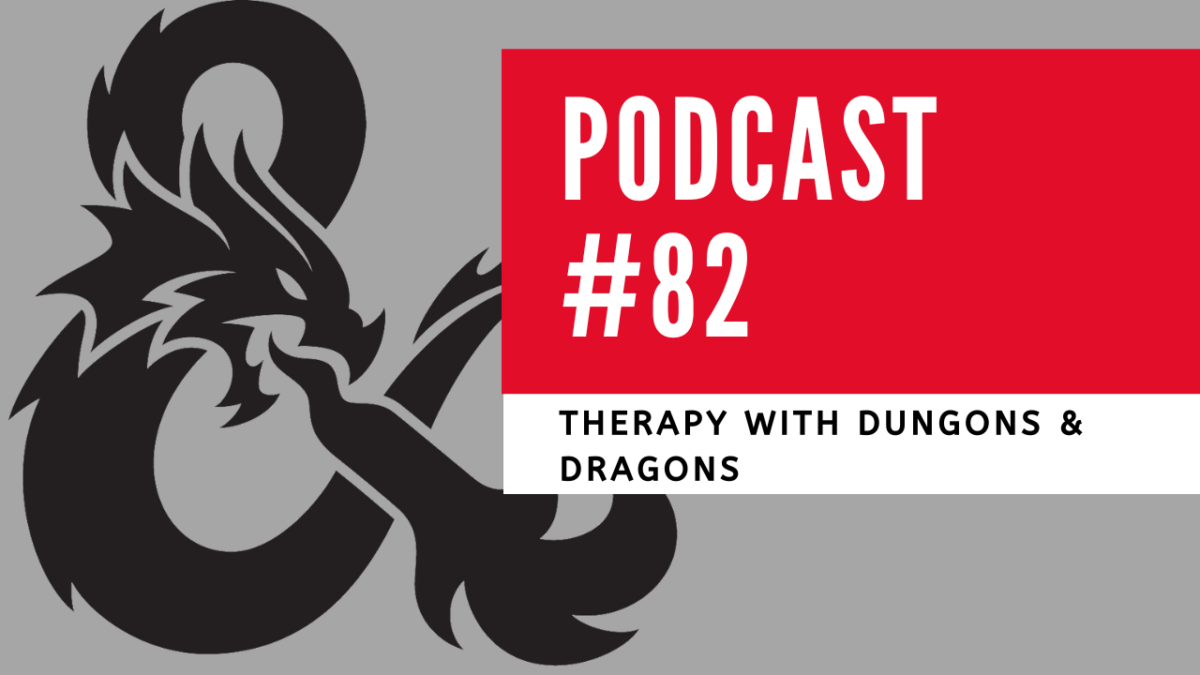My new book on the psychology of D&D comes out! See the table of contents, listen to audiobook excerpts, and preorder now.
Why D&D players prefer to roll their own dice instead of having the DM roll for them.
Research shows that TTRPG players, like those in Dungeons & Dragons, display higher empathy levels, including perspective-taking, compared to the general population, possibly benefiting real-world problem-solving.
How do Dungeons & Dragons players justify bad behavior? And how can a DM use the same tricks to make really bad and really believable villains?
How has one particular quirk of psychology shaped the design of Dungeons & Dragons across editions?
Why you shouldn’t always randomly generate names from a table for the dragons or characters in your D&D game.
How can Dungeons & Dragons teach all of us skills and let us practice important skills?
What’s the psychology behind role-playing in Dungeons & Dragons or video games?
How Wizards of the Coast could have leaned into the psychology of collecting to sell more Monsters of the Multiverse
How some therapists are using games like Dungeons & Dragons for therapy and how it’s different (and the same) from the game you play.
